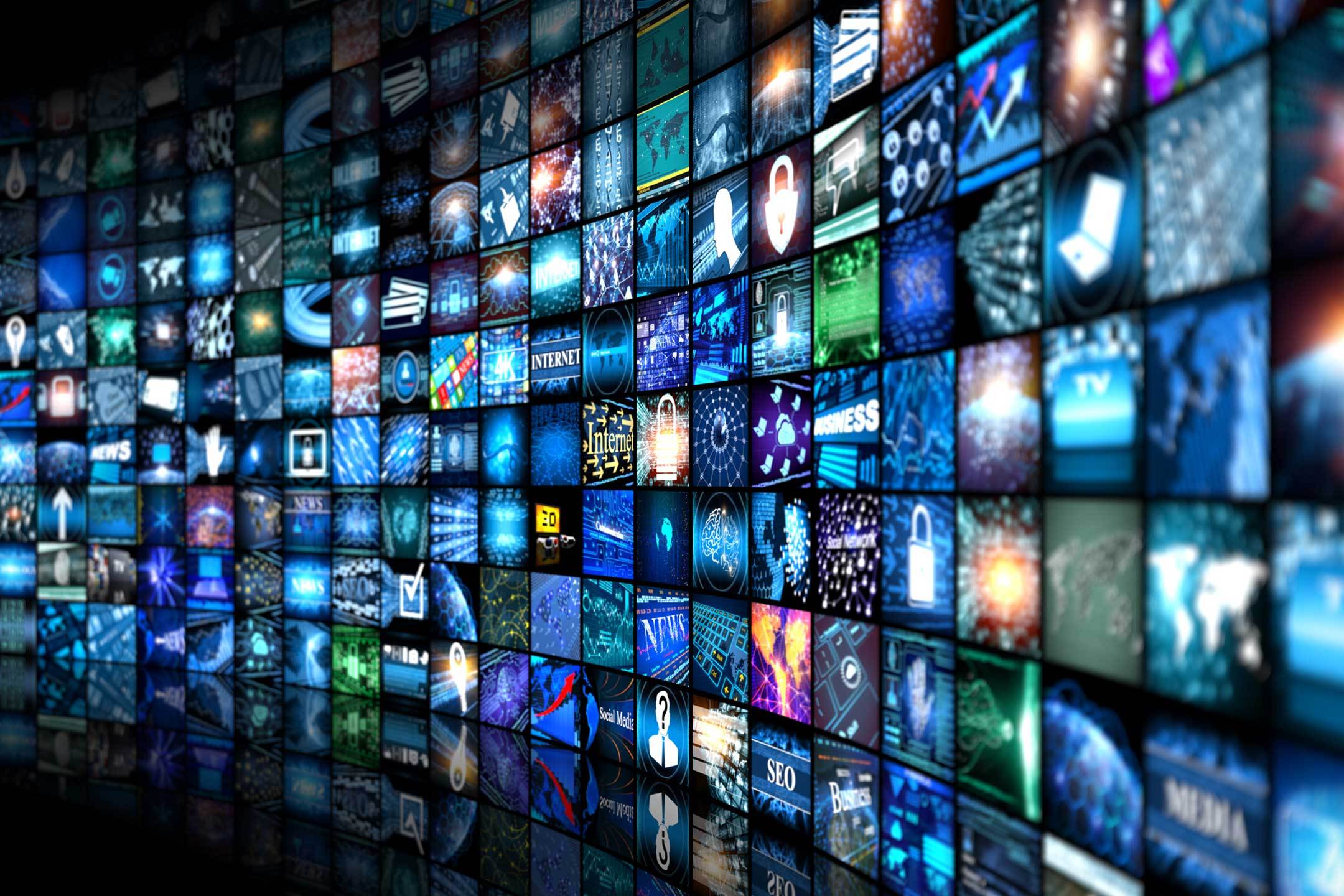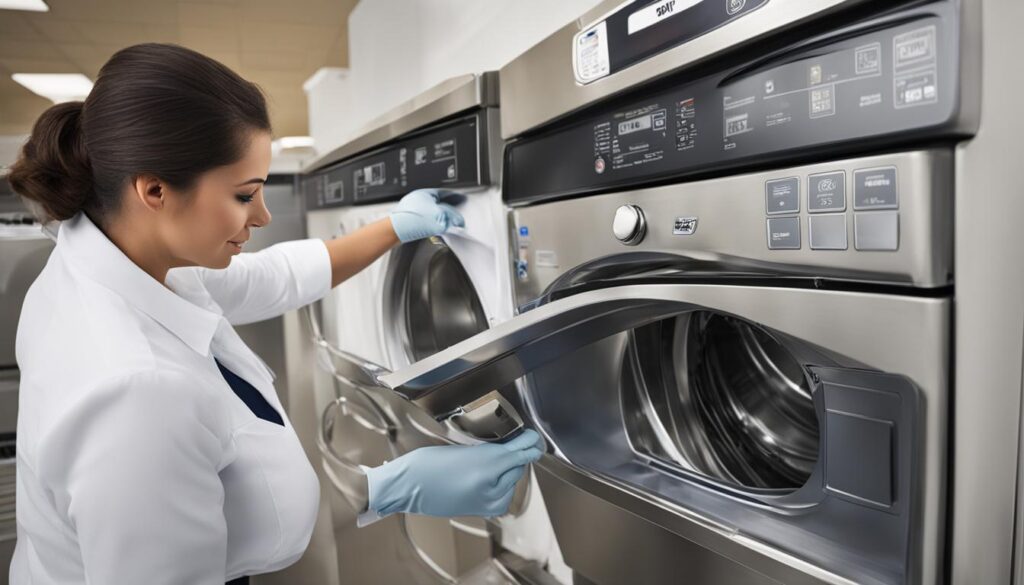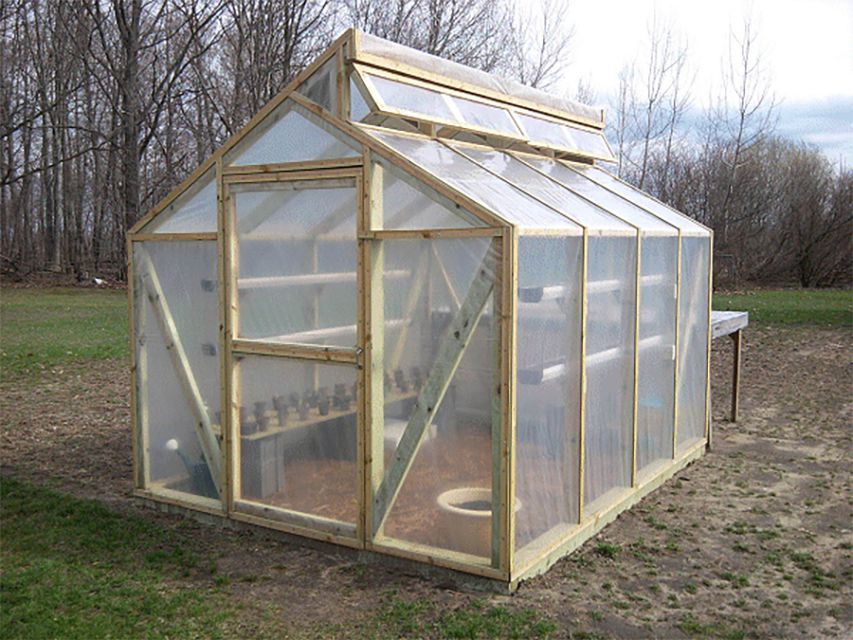Harnessing Technology for Better Wellness: Real Benefits and Actionable Strategies
Introduction: The Transformative Power of Technology on Wellness
Technological advancement has reshaped nearly every aspect of our lives, and wellness is no exception. From digital health apps and telemedicine to wearable devices and online support communities, technology provides new, accessible pathways for managing health and well-being. However, realizing these benefits requires knowledge, balanced use, and practical guidance. This article explores the positive impact of technology on wellness, with actionable steps to help you access and implement available resources, and insight into potential challenges and solutions.
1. Expanding Access to Healthcare Through Telemedicine
One of the most significant ways technology has improved wellness is by making healthcare more accessible, especially for individuals in remote or underserved areas. Telemedicine allows patients to consult with healthcare professionals from the comfort of their homes, reducing travel time and increasing convenience. During the COVID-19 pandemic, telemedicine became crucial for maintaining continuity of care, and its value continues to grow [1] . Video consultations, secure messaging, and remote monitoring devices enable early detection of health issues and more frequent communication between patients and providers.
How to get started: To use telemedicine, you typically need a stable internet connection, a device with a camera and microphone, and access to a healthcare provider offering virtual appointments. Many major healthcare systems and insurance providers now support telemedicine. You can search for ‘telemedicine services’ along with your city or health plan name for options. Before an appointment, prepare a list of symptoms and questions, and have your medical records handy.
Example: A person in a rural area with limited local clinics can connect to a specialist in a city hospital through video calls, receive a diagnosis, and get prescriptions filled locally without traveling long distances.
Potential challenges: Technical issues, privacy concerns, and limited digital literacy can create barriers. Many providers offer technical support and privacy guidelines. If you face difficulties, ask your clinic about step-by-step telemedicine setup instructions or look for community digital literacy workshops.
2. Personalized Wellness With Wearable Devices
Modern wearable devices like fitness trackers and smartwatches empower users to monitor their health in real time. These devices track metrics such as heart rate, sleep quality, physical activity, and even blood oxygen levels [2] . The ability to set goals, receive reminders, and analyze trends encourages healthier behavior and fosters accountability.
How to get started: Wearable health devices are available from major electronics retailers, online marketplaces, and directly from brands like Apple, Fitbit, and Garmin. When choosing a device, consider your primary goals (e.g., step tracking, sleep monitoring, ECG features). Devices sync with companion smartphone apps for detailed analysis and tips.
Example: Someone aiming to increase daily activity can use a fitness tracker to set step goals, track progress, and receive motivational feedback. Over time, data can reveal patterns and help adjust fitness routines.
Potential challenges: Device cost and data privacy are common concerns. Some insurance providers offer discounts or incentives for using wearables. Always review privacy policies and opt for devices that allow you to control what data is shared.

Source: thebobs.com
3. Supporting Mental Health Through Digital Tools
Technology has broadened access to mental health resources. Online therapy platforms, mental health apps, and virtual support groups offer affordable, private, and convenient options for support [4] . These tools are particularly valuable for individuals with limited access to in-person therapy due to location, mobility, or stigma.
How to get started: Search for reputable online therapy providers or mental health apps in your region. Many mental health organizations maintain directories of licensed professionals offering teletherapy. For apps, look for those with evidence-based features such as mood tracking, guided meditation, or cognitive behavioral therapy exercises. Examples include Headspace, Calm, and BetterHelp. Always check for user reviews and privacy assurances.
Example: During periods of high stress or anxiety, an individual can join a virtual support group or access mindfulness exercises through a smartphone app, reducing feelings of isolation and improving coping skills.
Potential challenges: Over-reliance on digital tools or excessive screen time can contribute to eye strain, poor sleep, or social withdrawal. Set boundaries, schedule screen-free periods, and use tools with reminders to take breaks. If you experience negative effects, consult a mental health professional for guidance on balancing technology use.
4. Fostering Social Connections and Community
Digital platforms have made it easier to maintain relationships, find support networks, and participate in communities regardless of physical distance. For individuals who are homebound, living in rural areas, or dealing with mobility limitations, technology offers vital opportunities for connection [5] . Virtual events, discussion forums, and messaging apps support ongoing communication with family, friends, and peers.
How to get started: To connect with others, explore online communities or forums related to your interests or health conditions. Social media platforms, nonprofit organizations, and advocacy groups often host virtual events and support groups. When joining online communities, use caution and avoid sharing sensitive personal information until you understand the group’s privacy practices.
Example: A person with a rare medical condition can join an online support group, exchange advice, and find emotional support from others who understand their experience, even if no local group exists.
Potential challenges: Some people may experience loneliness or exposure to negative interactions online. To mitigate these risks, seek out moderated, reputable communities and balance digital socializing with offline interactions when possible.
5. Digital Health Literacy and Self-Management
Technology enables individuals to access reliable health information, track their own well-being, and make informed decisions. Government agencies, healthcare providers, and public health organizations now maintain comprehensive health portals and apps. These resources empower users to research conditions, compare treatment options, and manage chronic illnesses with greater confidence [3] .
How to get started: For reliable health information, visit official sources such as the Centers for Disease Control and Prevention (CDC) or the World Health Organization (WHO). To monitor health trends, many healthcare providers offer patient portals with access to lab results, prescriptions, and appointment scheduling. If you need help navigating digital health resources, many libraries and community centers offer digital literacy workshops.
Example: Someone managing diabetes can use a patient portal to track blood sugar readings, view medication instructions, and directly message their care team for advice.

Source: tallahasseeo.com
Potential challenges: Not all online health information is accurate. Always consult trusted sources and verify facts with your healthcare provider before making decisions based on online advice.
6. Practical Steps to Access Technology-Based Wellness Resources
Many technology-based wellness resources are widely available, but some individuals may need assistance to access them:
- For telemedicine: Contact your healthcare provider or insurer to ask about virtual visit options. If you’re uninsured, community health centers may offer telemedicine on a sliding scale. Search for ‘free telemedicine clinics’ in your area.
- For wearable devices: Explore local electronics retailers or online stores. Some health insurance plans and employers offer wellness incentives, including discounts on wearable devices-ask your HR department or health plan representative.
- For mental health tools: Check with your insurance provider for covered online therapy services. Nonprofit organizations may sponsor free or low-cost virtual support groups. Local mental health agencies and public health departments often have resource lists.
- For social connection: Libraries, senior centers, and community groups often host digital literacy classes and can recommend reputable online communities. If you need help finding a group, ask your healthcare provider or local social worker for suggestions.
- For digital literacy: Many public libraries and community education centers offer free classes on using digital devices and healthcare apps. Search for ‘digital literacy workshops near me’ or check your local library’s website for schedules.
Conclusion: Balancing Benefits and Mindful Use
Technology offers real opportunities to enhance wellness-making healthcare more accessible, supporting mental health, fostering social bonds, and empowering self-care. To maximize benefits, use technology mindfully, seek reputable resources, and balance digital engagement with healthy offline habits. When in doubt, consult professionals or community organizations for guidance and support.
References
- Weljii (2025). Impacts Of Technology On Our Health: Risks and Benefits.
- Frontiers in Digital Health (2024). Technologies for well-being: a grand challenge.
- National Institutes of Health (2023). Digital Well-being Through the Use of Technology.
- Citizen Advocates (2023). The Impact of Technology on Mental Health.
- Social Connection Guidelines (2024). What is Technology’s Impact on Social Health?
MORE FROM hotondeals.com













